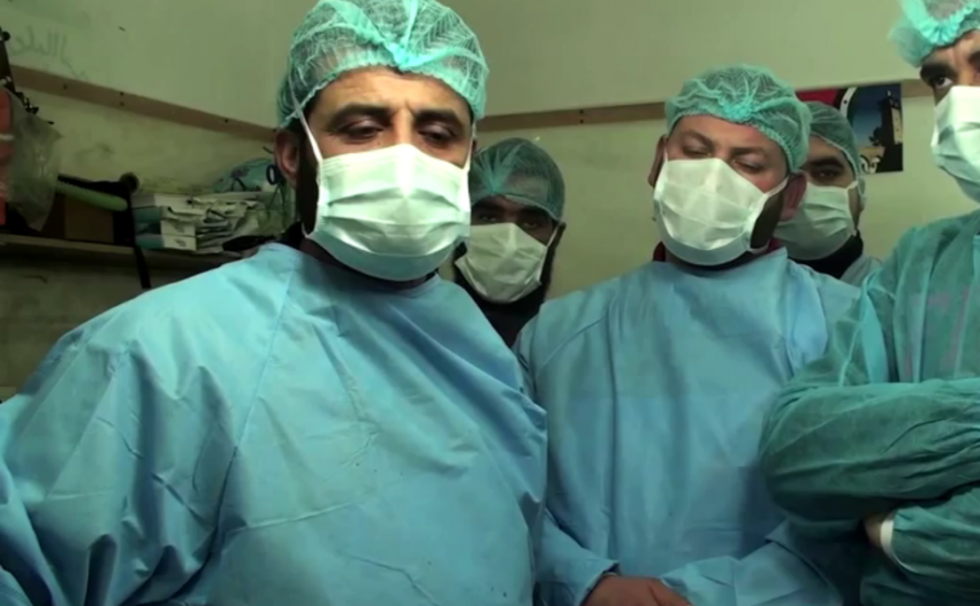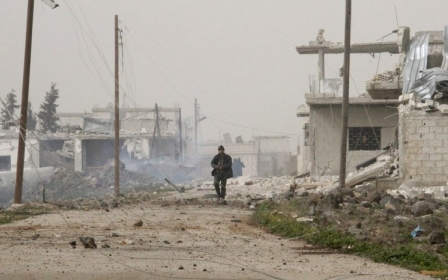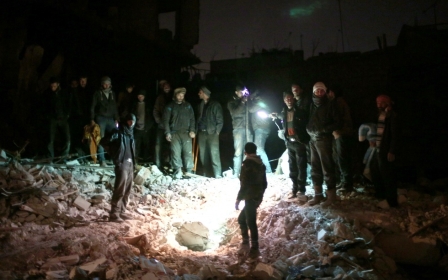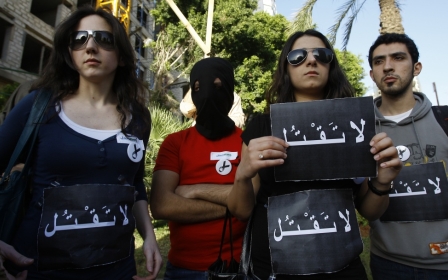VIDEO: A field hospital in Deraa struggles to cope with scarce resources

When Syrian protesters were injured in those first demonstrations against the government of Bashar al-Assad in the southern province of Deraa in March 2011, they didn’t get their wounds stitched up in government hospitals.
Fearing they would be punished or refused care for their part in demonstrations, they sought help from doctors and nurses operating out of a growing network of field hospitals.
Doctors and nurses were prevented from freely helping those who were wounded in demonstrations.
Many doctors and nurses who did so were detained, and others were prevented from treating patients unless they submitted to extensive questioning by the country’s security services.
Due to pressures like these, a lot of Deraa’s doctors and nurses left the country early in the conflict and sought asylum elsewhere. As the revolution grew violent and into war, more field hospitals emerged in opposition-controlled areas.
Their locations are hidden and some are even underground such as Deraa al-Balad Field Hospital. There are currently around 10 field hospitals in Deraa province, some in the city of Deraa and others in the eastern and western countryside.
Field hospitals in Deraa mainly receive emergency cases: war injuries and bombing survivors, obstetric cases and general illnesses.
Nearly five years into the war, field hospitals are short of staff and supplies, and medics don’t have the capacity to carry out major surgeries some patients require. In the most serious of cases, patients are transferred by ambulance to the Jordanian border and from there on to a network of Jordanian hospitals that accept Syrian war-wounded patients.
In Deraa al-Balad Field Hospital, orthopaedic specialist Dr. Abdul Rahman Masalmeh said, "Deraa Albalad Field Hospital provides free medical services for about 20,000 inhabitants of the city of Deraa. The hospital also receives wounded and sick patients from nearby towns and from the Golan Heights."
“We operate almost daily and can deliver babies by Caesarean section, but the hospital suffers from a significant lack of medical supplies and equipment, especially in the operating room, in addition to the lack of medical personnel. We have 36 people on staff: seven doctors and 29 nurses and paramedics.” This field hospital, like many others, is crippled by a lack of financial support.
Hospital management covers monthly wages for medical staff working at the hospital, but wages are meagre and there is no budget available for hospitals to grow or purchase needed equipment.
Doctors have been demanding additional funding so they can treat more people. Despite the shortage of staff and particularly doctors, Deraa al-Balad Field Hospital provides orthopaedic and emergency care, geriatric care and treatment for chronic diseases, laboratory services, X-rays, rehabilitation and follow-up care, paediatrics, obstetrics and gynaecology.
New MEE newsletter: Jerusalem Dispatch
Sign up to get the latest insights and analysis on Israel-Palestine, alongside Turkey Unpacked and other MEE newsletters
Middle East Eye delivers independent and unrivalled coverage and analysis of the Middle East, North Africa and beyond. To learn more about republishing this content and the associated fees, please fill out this form. More about MEE can be found here.




